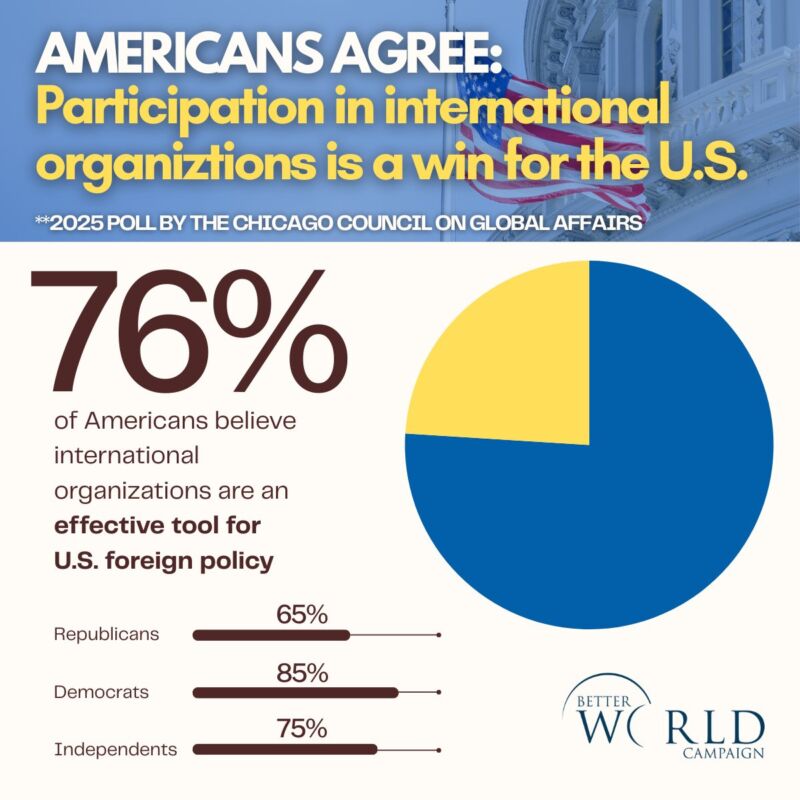U.S. investment in the UN comes full circle.
The UN delivers American values and American mail, awards more contracts to U.S. businesses than any other country, promotes dozens of U.S. World Heritage sites and helps defend our borders from disease and illicit drugs.
SEE HOW THE UN INVESTS IN YOUR STATE
- $100M+
- $21M - $100M
- Under $20M
- No Contracts






